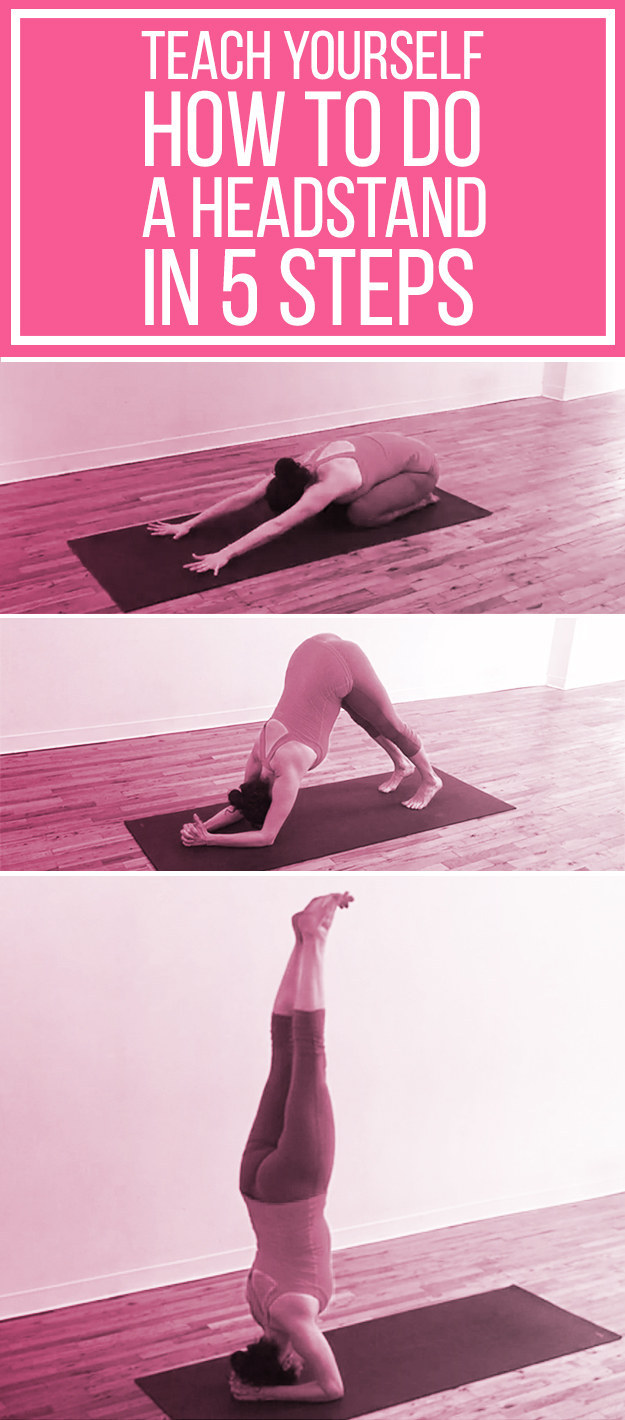Chalk dries slick hands and creates friction between your skin and the weight, says Brian Neale, C.S.C.S., U.S.A.W., owner of Brian Neale Personal Coaching in Westchester, New York.
This helps you to better hold on to the bar during deadlifts, farmer’s carries, pullups, and inverted rows. The result: You’ll be able to perform more reps of heavy exercises before losing your grip, which is usually the first place you fail in these movements, says Neale.
It also helps you maintain proper form on exercises like the bent-over row and overhead press. If the load starts to shift due to sweaty hands—and it will—you’re forced to counteract by adjusting your form, says Josh Halbert, Director of Education at Kinetic Systems Strength and Conditioning in Columbia, Maryland. And that can throw off your lifting mechanics.
For instance, if the weight starts to break free from your fingers during a bent-over row, you’ll compensate by bring your torso up little by little, explains Neale. This places stress on your lower back, which can lead to a bulging disc.
But it’s not all about the heavy lifts: A layer of chalk can also be useful for preventing blisters and tears that form when you do fast, repetitive motions, such as kettlebell swings and kettlebell cleans.
So what’s not to like? Use the guide that follows to learn how to chalk up for a better workout.
Want a great workout that burns belly fat? Try The Anarchy Workout—one guy lost 18 pounds of fat in just 6 weeks!
How to Apply Chalk
Believe it or not, there’s actually an art to applying chalk, says Halbert. Don’t just cake it on—a little goes a long way.
Do this: Lightly drag a block of chalk on each of your fingers from top to bottom, and then across your palm. Most gyms will have a communal chalk box. However, some won’t. You can BYOC by buying a pound of weightlifting chalk for about $12 on roguefitness.com.
If there’s only powder available and no chunks, spread your fingers and tap your hand into the chalk. Then rub your hands together to dispense it.
And always be mindful of your mess. Chalk isn’t easy to clean and no one wants to do pushups in a pile of white dust. With a damp towel, wipe down any equipment you touch and the floor around where you apply it.
How often you reapply will depend on how sweaty you get, but applying a fresh coat before every set is a good rule of thumb, Halbert says.


















